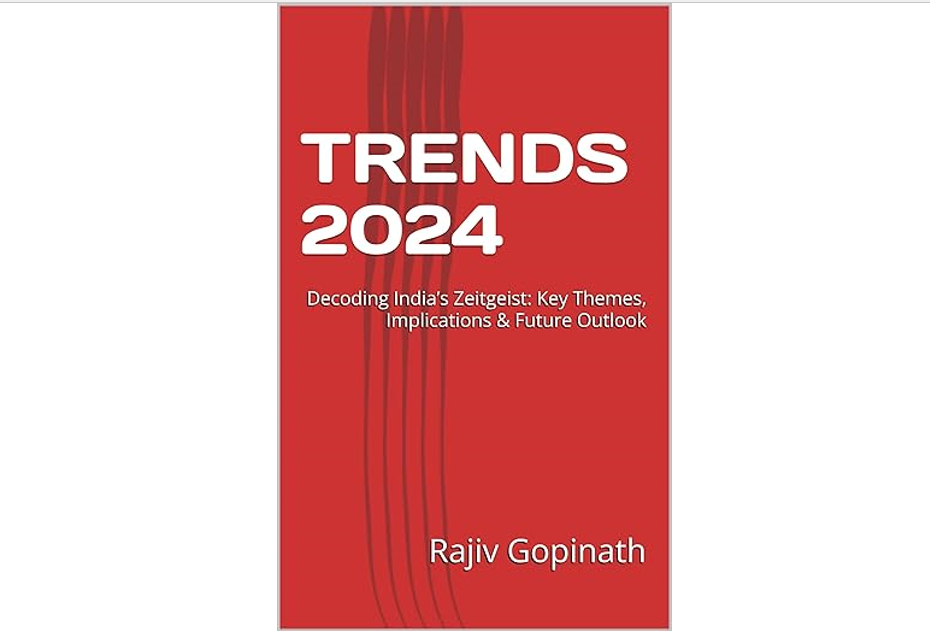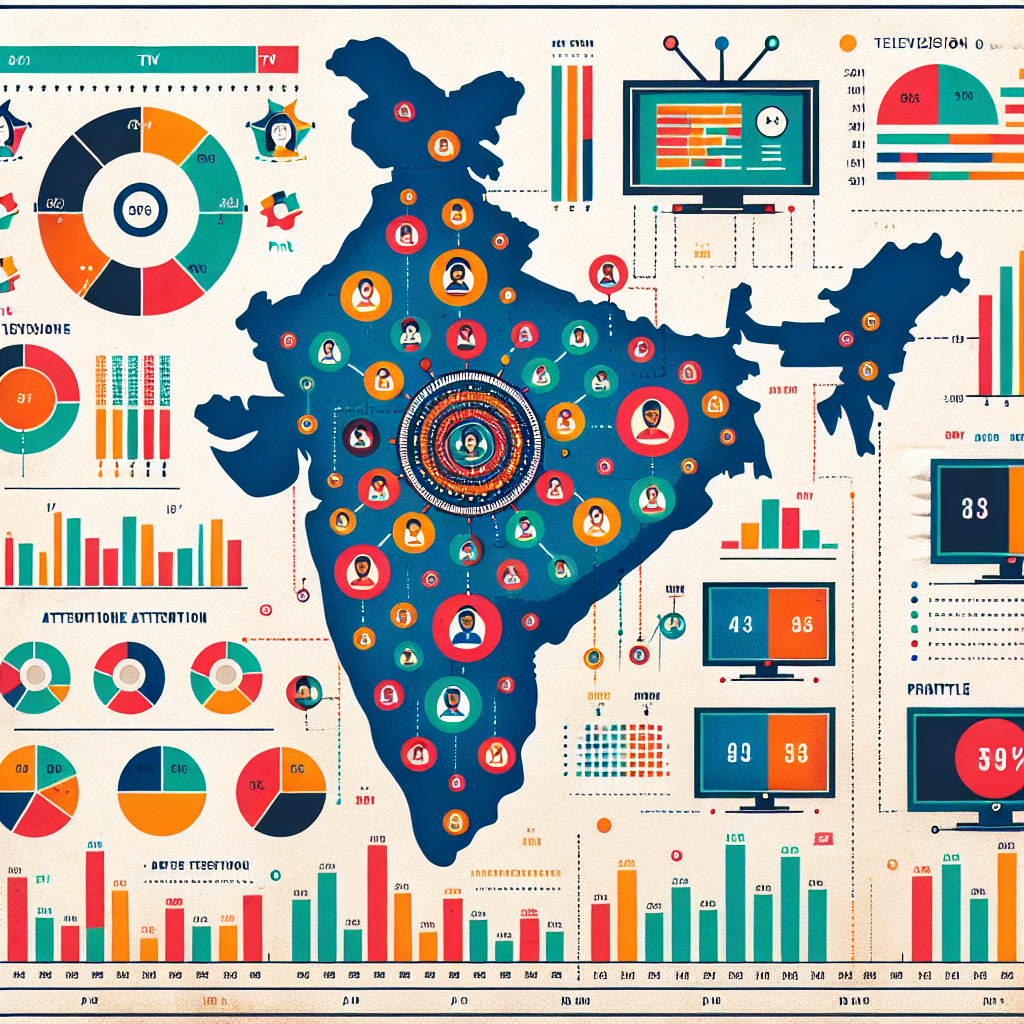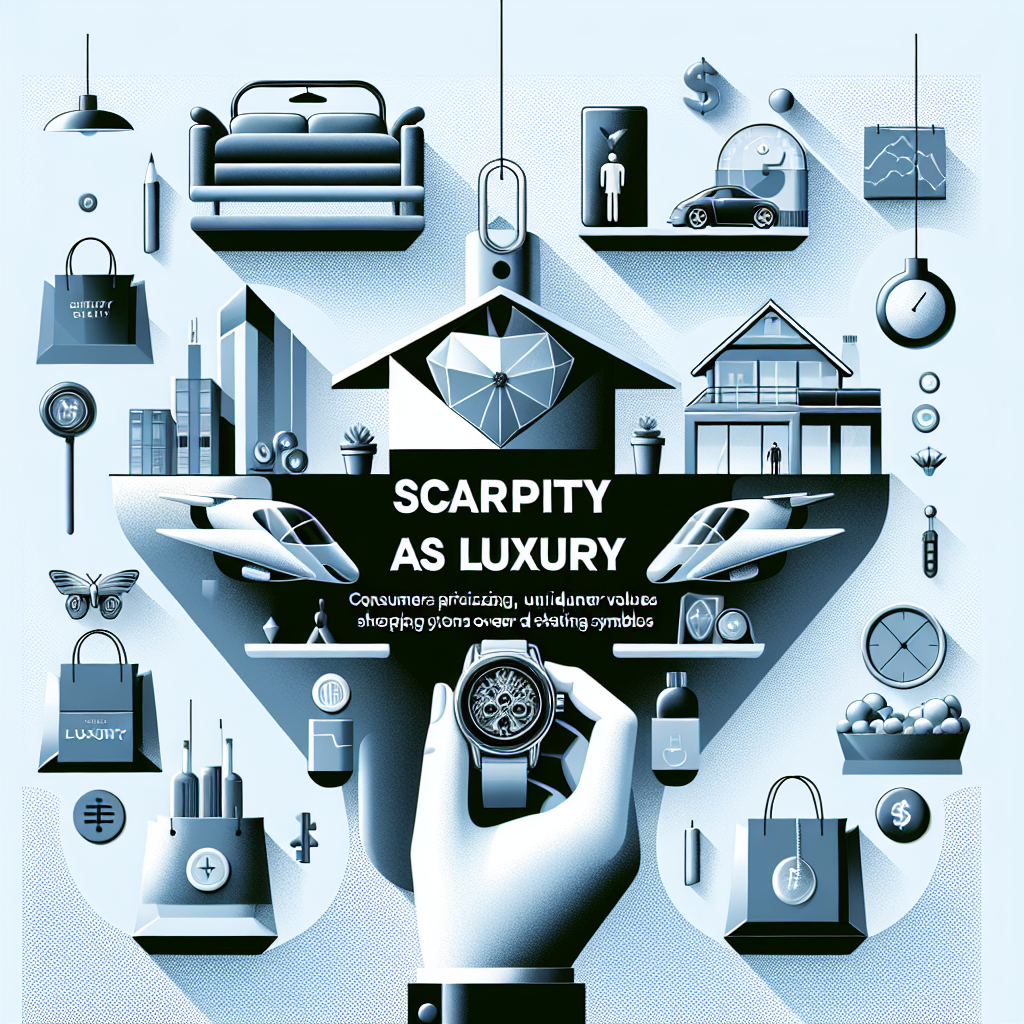The Rise of Brand Roasting and Self Deprecation
Rebecca was having coffee with a former student who now manages social media for a major food delivery app when the student shared a surprising metric. She revealed, "Our most engaged post last quarter wasn't our Super Bowl campaign or our celebrity partnership. It was when we responded to a customer complaint about our app crashing by posting a self-deprecating meme about our own technology failures." The post had generated 47 times their average engagement rate and sparked thousands of user interactions. What struck Rebecca most was how this strategy inverted traditional marketing wisdom—instead of projecting flawless competence, the brand had turned its vulnerability into a connection point. This moment perfectly encapsulated a fundamental shift in brand communication: for Gen Z, perfection reads as inauthentic, while acknowledged imperfection signals relatability and honesty.
Introduction: The Authenticity Revolution
Brand communication has undergone a remarkable transformation. What was once characterized by carefully curated perfection has evolved into something more raw, vulnerable, and human. At the center of this shift is Generation Z—digital natives born between 1997 and 2012 who have developed a sophisticated ability to detect and reject corporate artifice.
Research from Morning Consult indicates that 76% of Gen Z consumers prefer brands that acknowledge their flaws over those projecting perfection, compared to just 43% of Baby Boomers. Meanwhile, Twitter's internal research shows that branded content featuring self-deprecating humor generates 38% higher engagement among users under 25.
As marketing psychologist Robert Cialdini notes, "The strategic revelation of imperfection creates a 'pratfall effect,' where minor flaws in an otherwise competent entity actually enhance likability and trust." This transformation represents a fundamental reimagining of brand authority—from projected perfection to authentic humanity.
1. Why Gen Z Appreciates Brands That Don't Take Themselves Too Seriously
The preference for brand humility reflects deeper generational values and experiences.
a) Authenticity as Currency
For a generation raised amid institutional failures and information manipulation:
- Transparency valued more highly than aspiration
- Perfection read as algorithmic manipulation rather than quality
- Vulnerability interpreted as honesty rather than weakness
Research from the University of Pennsylvania's Wharton School found that Gen Z consumers are 3.7x more likely than Baby Boomers to describe corporate messaging as "fake" when it lacks acknowledgment of limitations or mistakes.
b) Trust Through Vulnerability
Strategic imperfection builds counterintuitive credibility:
- Acknowledged flaws making other claims more believable
- Self-awareness demonstrating emotional intelligence
- Voluntary vulnerability creating reciprocal trust
A Harvard Business Review study found that brands demonstrating "strategic vulnerability" experienced 23% higher trust scores among Gen Z consumers compared to brands maintaining traditional aspirational positioning.
c) Parasocial Relationship Building
Self-deprecation humanizes corporate entities:
- Corporate personhood made relatable through human traits
- Psychological distance reduced through shared imperfection
- Power asymmetry diminished through voluntary humbling
Communications research from Northwestern University reveals that brands employing self-deprecating humor generate parasocial relationship markers similar to human friendships among 62% of Gen Z followers, compared to just 17% for brands maintaining traditional corporate voices.
2. Examples from Wendy's, Duolingo, and Others
Several pioneering brands have achieved remarkable results through strategic self-deprecation.
a) Wendy's: The Original Brand Roaster
Fast-food chain Wendy's revolutionized brand voice through strategic roasting:
- Competitor critiques establishing authentic differentiation
- Self-awareness about industry limitations
- Balance between confidence and self-deprecation
Wendy's approach generated 35% higher engagement rates than industry averages, with their "National Roast Day" in 2023 becoming their highest-performing social initiative with 826 million impressions.
b) Duolingo: Embracing the Unhinged
Language learning app Duolingo transformed their mascot into a chaotic personality:
- Mascot anxiety about user practice habits
- Self-referential jokes about notification persistence
- Exaggerated threats played for absurdist humor
This approach helped Duolingo achieve 51 million TikTok followers (more than any other educational brand) and contributed to a 73% increase in daily active users among the Gen Z demographic.
c) Ryanair: Leaning Into Criticism
Budget airline Ryanair converted customer complaints into content:
- Acknowledgment of budget experience limitations
- Transformation of criticism into shared jokes
- Self-awareness about industry reputation
By embracing rather than defending their budget positioning, Ryanair achieved the highest social engagement rate in their industry despite having significantly lower customer satisfaction scores, demonstrating the power of authentic self-awareness.
3. The Line Between Playful and Off-Brand
Strategic self-deprecation requires careful calibration to maintain brand integrity.
a) Core Competency Protection
Effective self-deprecation preserves fundamental trust:
- Joking about peripheral issues while protecting core value propositions
- Self-awareness about non-critical flaws rather than essential failures
- Balance between vulnerability and reassurance
Banking app Monzo successfully jokes about their app's design quirks but never about security or financial competence, maintaining 31% higher trust scores than competitors despite a more casual brand voice.
b) Authenticity in Voice and Subject
Self-deprecation must align with broader brand personality:
- Tone consistency across channels and contexts
- Subject selection reflecting genuine brand tensions
- Organizational self-awareness rather than performative vulnerability
Research from Twitter's marketing team found that brands whose self-deprecating content aligns with known customer pain points generate 3.8x more positive sentiment than those appearing to adopt the approach as a tactical trend.
c) Response Protocol Development
Roasting and self-deprecation require strategic frameworks:
- Clear guidelines for roast-worthy topics versus off-limits areas
- Escalation protocols for potential misinterpretations
- Balance between spontaneity and strategic discipline
Aviation brand Delta established a "Self-Awareness Grid" categorizing topics as safe for humor, requiring careful handling, or off-limits, resulting in 27% fewer social media crises while maintaining an authentic, conversational tone.
Conclusion: The Strategic Value of Imperfection
The rise of brand roasting and self-deprecation represents more than a tactical social media trend—it reflects a fundamental shift in the relationship between brands and consumers. For Generation Z, who came of age in an era of institutional failures and information manipulation, traditional corporate perfection signals not excellence but inauthenticity.
As their purchasing power continues to grow, projected to reach $33 trillion globally by 2030, their preference for brands that acknowledge their humanity will increasingly shape market dynamics. Consumer psychologist Adam Alter suggests that "the most successful brands of the future will be those that master the art of strategic vulnerability—knowing when and how to reveal their imperfections in ways that build rather than erode trust."
The future belongs not to brands that project flawless excellence but to those with the confidence to acknowledge their humanity, joining consumers in laughing at the inevitable imperfections that make them real.
Call to Action
For marketing teams seeking to develop effective self-deprecation strategies:
- Conduct internal vulnerability audits identifying safe topics for humor versus off-limit areas
- Develop clear guidelines and approval processes for real-time roasting and response
- Create measurement frameworks that evaluate humor effectiveness beyond simple engagement metrics
- Build cross-functional teams combining social media natives with brand stewardship expertise
- Implement social listening specifically focused on consumer humor about your brand
The most valuable self-deprecation isn't simply about generating attention or appearing trendy—it's about demonstrating the self-awareness and emotional intelligence that younger consumers increasingly demand from the brands in their lives.
Featured Blogs

TRENDS 2024: Decoding India’s Zeitgeist: Key Themes, Implications & Future Outlook

How to better quantify attention in TV and Print in India

AI in media agencies: Transforming data into actionable insights for strategic growth

How the Attention Recession Is Changing Marketing

The New Luxury Why Consumers Now Value Scarcity Over Status

The Psychology Behind Buy Now Pay later

The Rise of Dark Social and Its Impact on Marketing Measurement

The Role of Dark Patterns in Digital Marketing and Ethical Concerns








